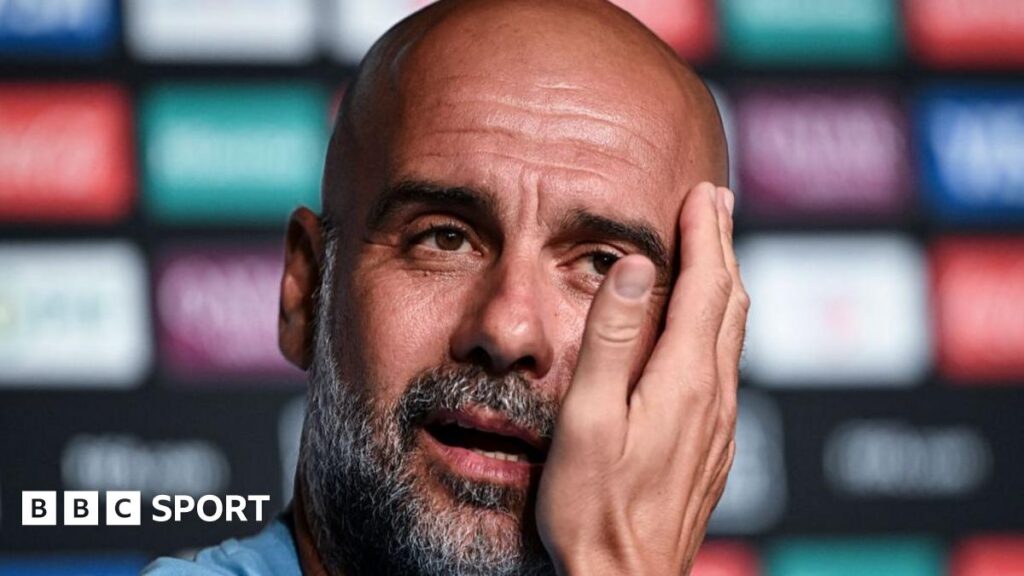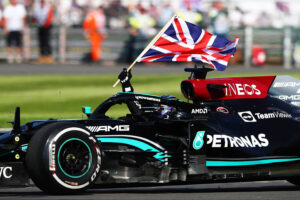
As the Club World Cup 2025 unfolds in the sweltering heat of Orlando, Manchester City manager Pep Guardiola has emphasized the need for his team to “suffer” through the challenging conditions. This comes amid a severe heat wave sweeping across eastern North America, prompting widespread health warnings and affecting millions.
Meanwhile, Chelsea’s boss Enzo Maresca has echoed similar concerns, describing it as “impossible” to conduct normal training sessions under a “code red” heat warning in Philadelphia. The oppressive weather has led to numerous hospitalizations due to heat-related illnesses, with warnings impacting an area encompassing 160 million people.
Heat Concerns and Fifa’s Response
The heat has become a focal point of discussion among managers at the Club World Cup. Campaign group Fossil Free Football has raised alarms about the potential risks to players competing in such extreme conditions. In response, Fifa has reiterated its commitment to player safety, stating that “the health of everyone involved in football” is its “top priority.”
Fifa has implemented additional cooling breaks during matches to mitigate the effects of the heat. Medical experts are maintaining regular contact with the clubs to ensure safety protocols are followed.
Impact on Teams and Strategy
Both Manchester City and Juventus have already secured their spots in the last-16 stage of the competition, each with two victories. However, Juventus leads Group G due to a superior goal difference. The group standings are crucial, as the next round could see one of these teams facing the formidable Real Madrid.
Pep Guardiola has been strategic in his approach, rotating his squad to manage the physical demands posed by the heat. Following a victory over Wydad AC, Guardiola fielded a completely different starting XI against Al Ain. He plans to continue this rotation, stating,
“We will play new players and in the next game too and in the second half. The selection has that in mind. In these conditions, we are not ready to play 90 minutes and at half-time we will make substitutions.”
Attendance and Venue Challenges
The tournament has also faced criticism for sparse attendance during the group stages, with large sections of empty seats observed in stadiums. The upcoming match is set at a 60,000-capacity venue offering minimal protection from the sun for spectators.
Guardiola expressed hope for better turnout in the knockout stages, saying,
“Two big clubs and hopefully there will be people. Last 16, quarter-finals, semi-final, final – hopefully the stadiums will be full. But 70,000, 80,000 – it is not easy to hold the crowd. Hopefully we can do a good game and the people can come. Bring water, hats, towels on the necks – it will be tough.”
Looking Ahead
As the tournament progresses, the focus remains on player safety and adapting to the harsh conditions. The heat wave has underscored the need for comprehensive planning and flexibility in international sports events. With the knockout stages approaching, the teams will have to balance strategic play and player welfare in the face of relentless heat.
The implications of these challenges extend beyond the current tournament, prompting discussions on how future events can better accommodate extreme weather conditions. As the world grapples with climate change, sports organizations may need to rethink scheduling and venue choices to ensure the safety and well-being of athletes and fans alike.







